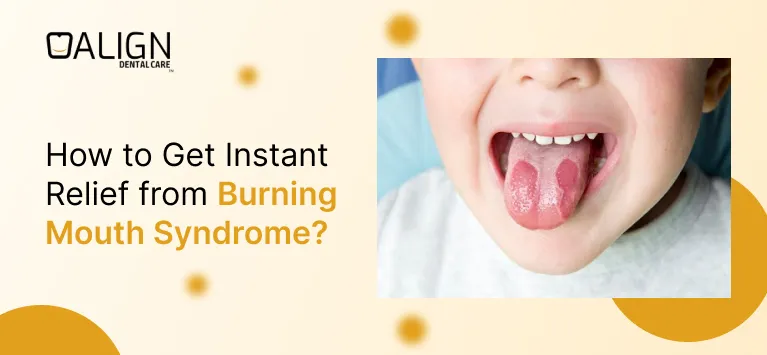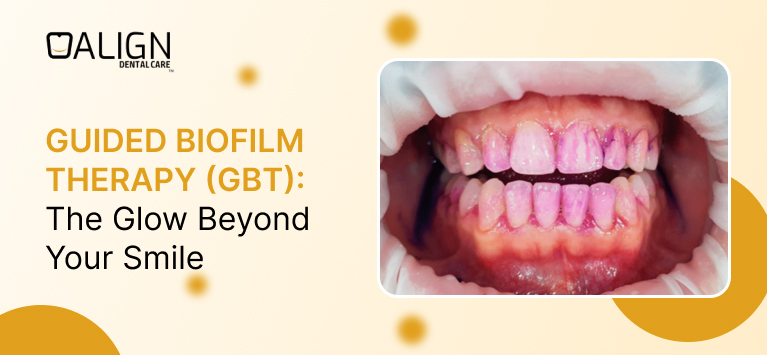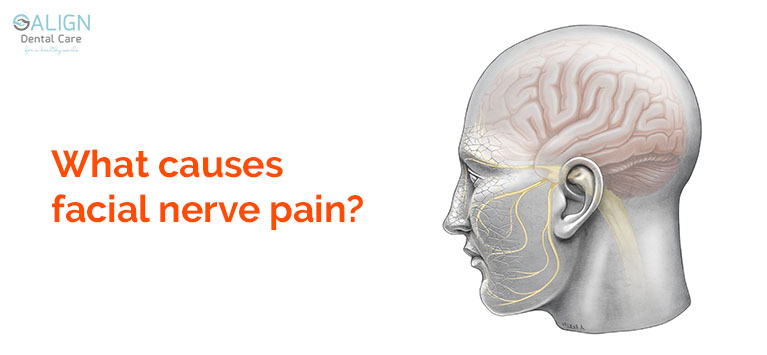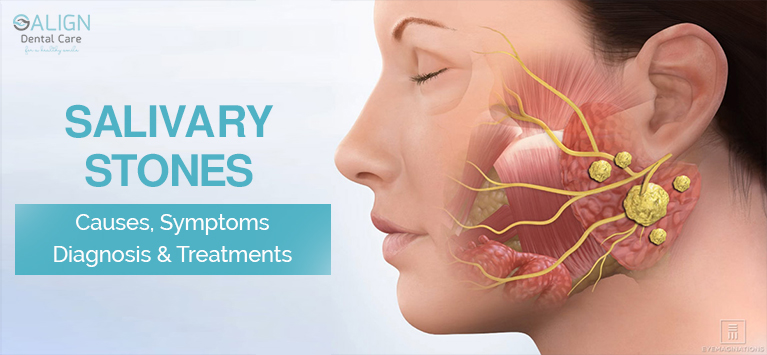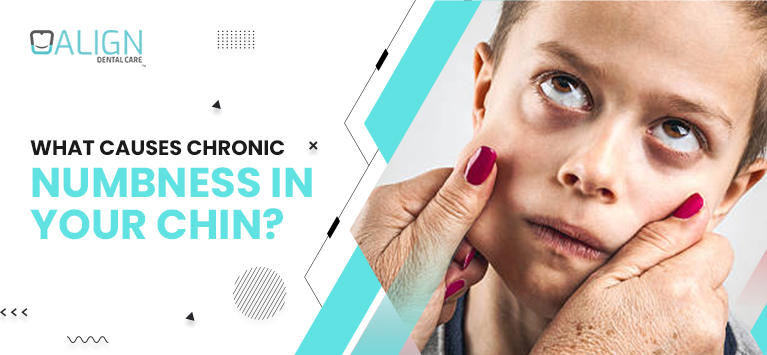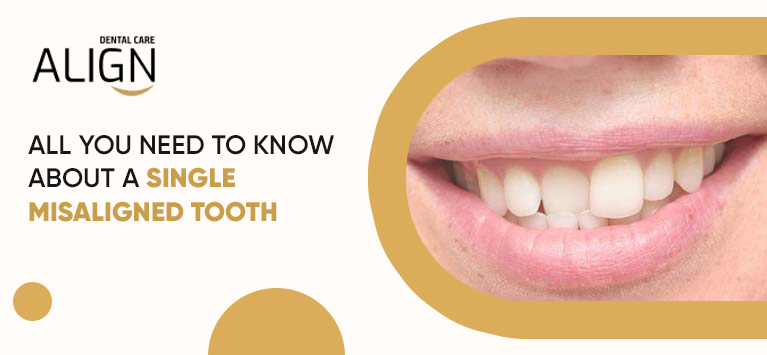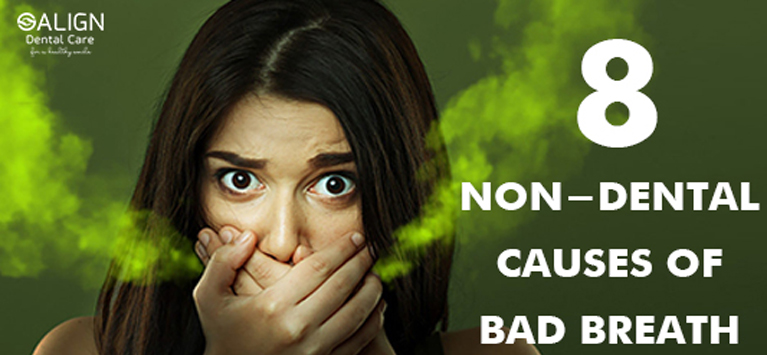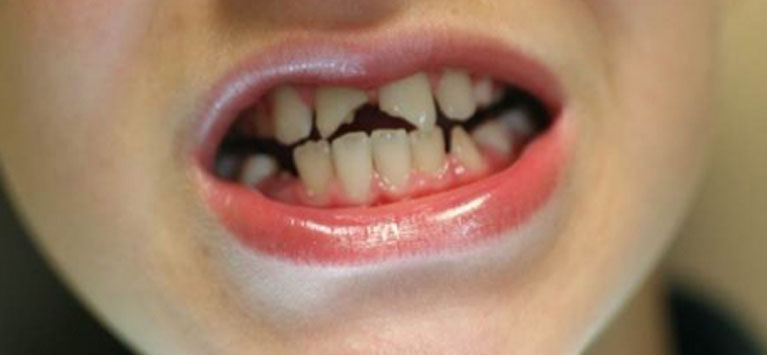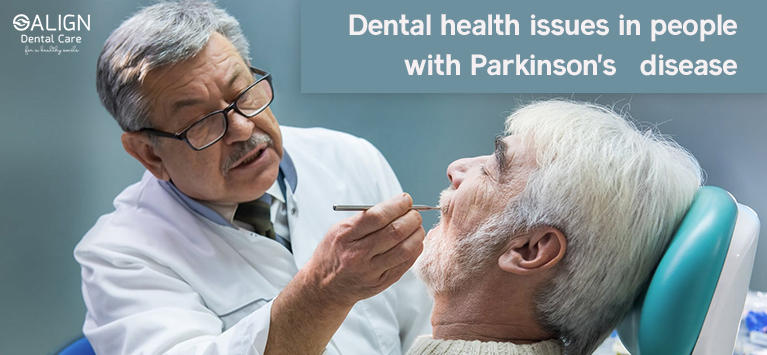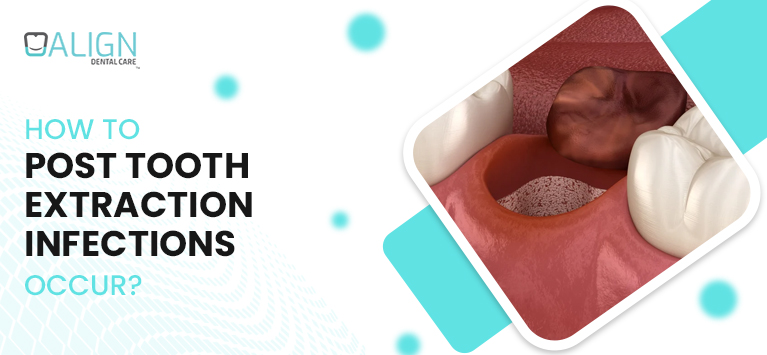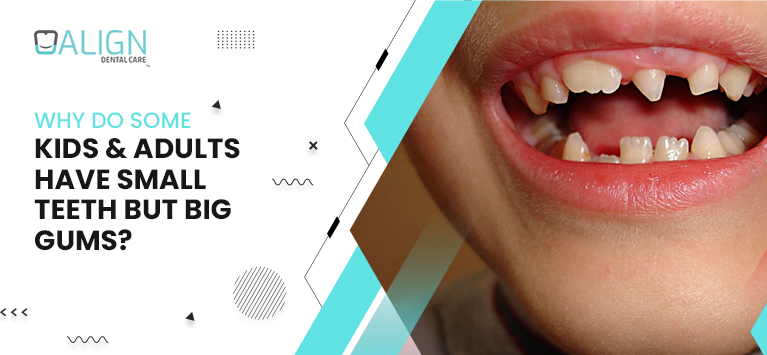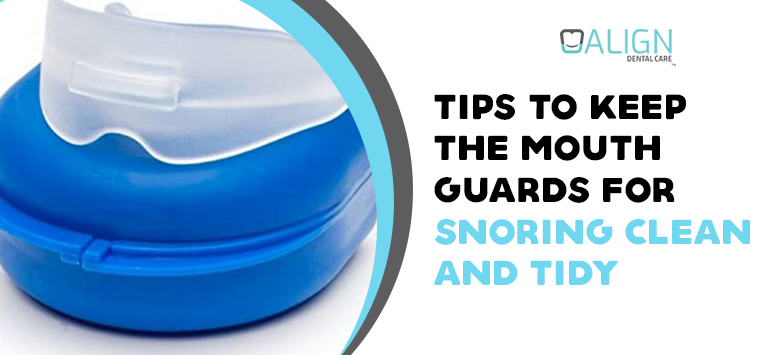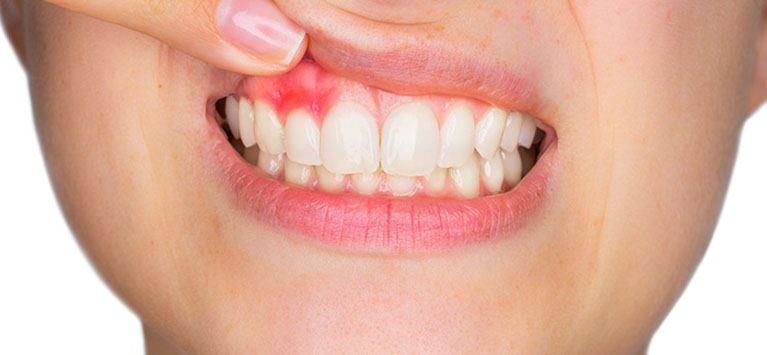
What is an Abscessed Tooth?
An abscessed tooth usually occurs as a result of pus that is present in the root of an infected tooth. The occurrence of abscessed teeth happens regardless of age. An abscessed tooth is present mainly due to bacteria. The most important thing to remember when having abscessed teeth is that it doesn’t go away on its own. It might also cause moderate to heavy pain and may affect regions spanning from your ear/neck to your mouth.
Not treating abscessed teeth at the earliest might result in the symptoms getting accentuated.
Usual causes of abscessed teeth
The ailment is caused when the pulp of the teeth made up of nerves, connective tissue and blood vessels are infected. They can get infected either due to:
- Tooth decay
- Chipped/cracked teeth
- Periodontal disease
Not treating the causes might result in the infection getting more serious. The infection mostly either affects the root of your teeth or in the bone present near the teeth.
Common symptoms of abscessed teeth
Here are some common symptoms that let you identify whether you have abscessed teeth or not.
- Pain across your oral region and even jaws.
- Sensitive teeth.
- Swelling of the face.
- Bad breath
- Fever
- Lymph nodes that are swollen
- Swollen gums that are red in colour
- Trouble breathing or swallowing food
If and when you experience these symptoms, it is vital that you consult a dentist who will then recommend a couple of options if you are really suffering from an abscessed tooth.
The options are as follows:
- Draining the pus present in the teeth by means of a saline solution.
- A root canal procedure.
- Extraction of the teeth and then draining the abscess.
- Using antibiotics to treat the infected region.






